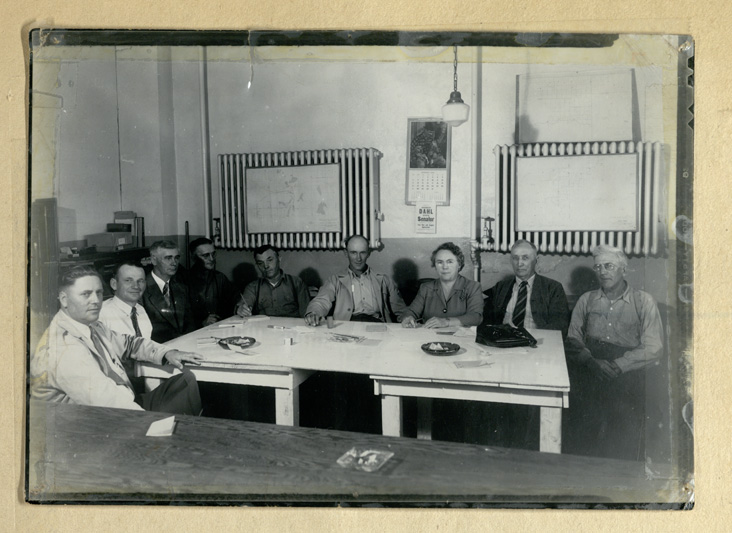
In the twentieth century, rural women faced a different—and arguably more rigorous—set of gender expectations than did their urban sisters. They did, of course, preserve and cook food, mend and wash clothes, care for children, and clean their homes, but they were also intimately involved in farm labor. Rural women raised produce, chickens, and pigs; kept the farms’ books; and worked in the fields. Their work was so essential that historian Richard Roeder called Montana women the “economic linchpins” of the state’s farms and ranches.
Even more amazing than the number of tasks rural women performed is the fact that, before World War II, they largely completed their work without electricity. Anna Dahl, a farm wife from Sheridan County, helped change this. A key community activist promoting rural electrification in eastern Montana, Dahl helped bring power to six hundred families in Sheridan, Roosevelt, and Daniels counties. Her efforts significantly altered life on the farm, especially for Montana women.
Anna Boe Dahl (1892-1986) arrived in Plentywood, Montana, with her brother in 1917. She taught school in Dagmar for two years before marrying Andrew Dahl in 1919 and moving to a 640-acre farm near Coalridge. There she and Andrew raised five children. During the Depression, Anna also taught English and farm economics for the Works Project Administration to supplement the family income.